The cleanest food in the world
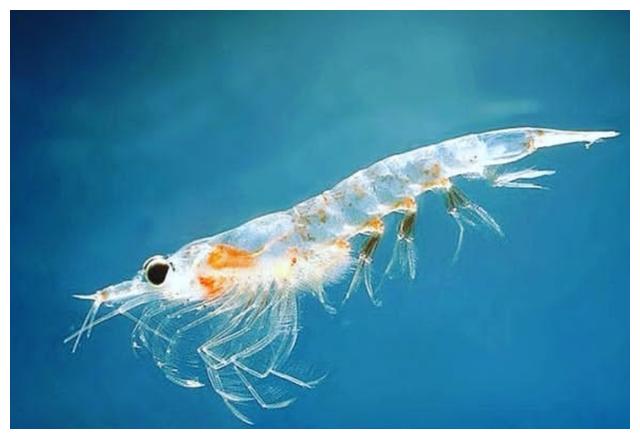
Antarctic krill inhabit the waters of Antarctica and are a shrimp-like, crestless animal that lives in colonies. Sometimes krill gather in densities of up to 10,000 to 30,000 per cubic meter (1 cubic meter about 1 liter of water), feeding mainly on plankton, growing slowly, juvenile shrimp go through five stages to grow into adult krill, the five stages take 3 to 4 years long, and adult krill are about 4 to 6 cm long, only about two grams, often in the water layer at a depth of about 200 meters.
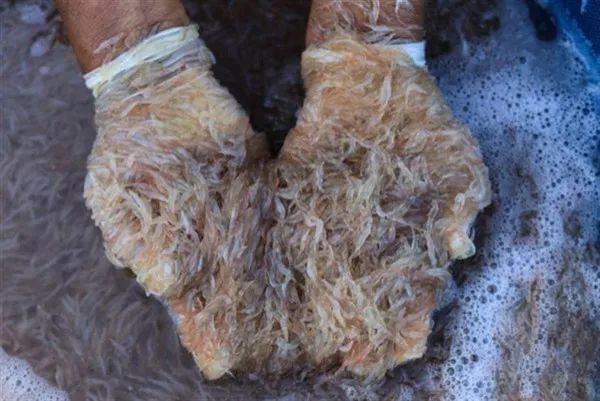
Antarctic krill live up to six years and are a key player in supporting a large number of marine organisms, as many species would have difficulty finding a food source without krill. The main food of whales is krill, but because of their size, they usually eat as much as tens of millions of them in one bite, perhaps. Krill is also one of the delicacies of mankind, especially clean and tasty features that are highly prized and extremely valuable in the eyes of many gourmets.
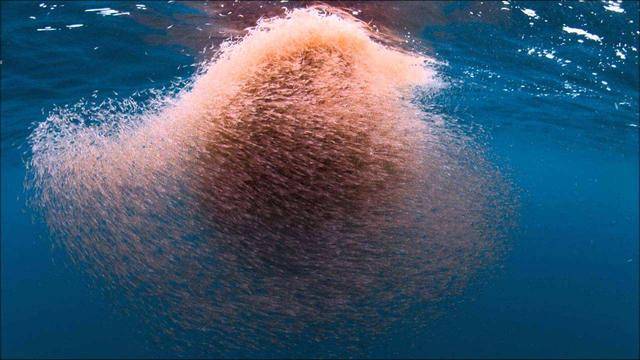
Antarctic krill is so high in amino acids that even a large piece of fish can provide no more nutrition than a small piece of krill, so it is now used in large quantities by humans to make health food. But with the rise of the "health" craze in recent years, fishing vessels from various countries have been fishing for krill, causing humans and Antarctic species to "compete" for food, and the local ecology is gradually being seriously damaged.
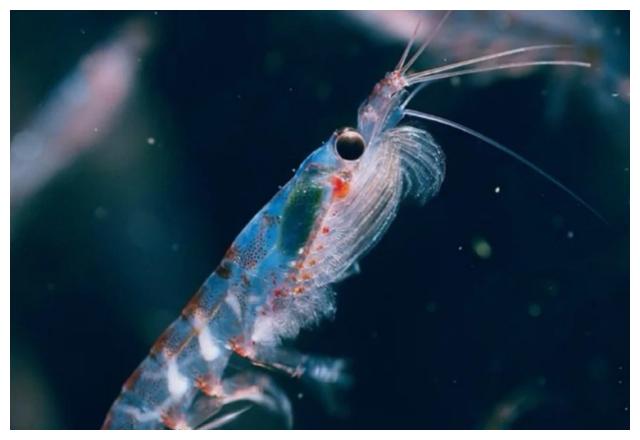
Antarctic krill is an important link in the food chain of Antarctic marine life, and changes in its population will directly affect the changes in the entire Antarctic ecosystem. Let's face up to the changes we bring to nature, accept nature's gifts, and likewise abide by nature's rules!
Popular Articles
-
Treadmill PK elliptical machine, which is more fat burning?

-
 Why should men do more deep squats? How do you do a standard deep squat?
Why should men do more deep squats? How do you do a standard deep squat?Jul 06, 2025
-
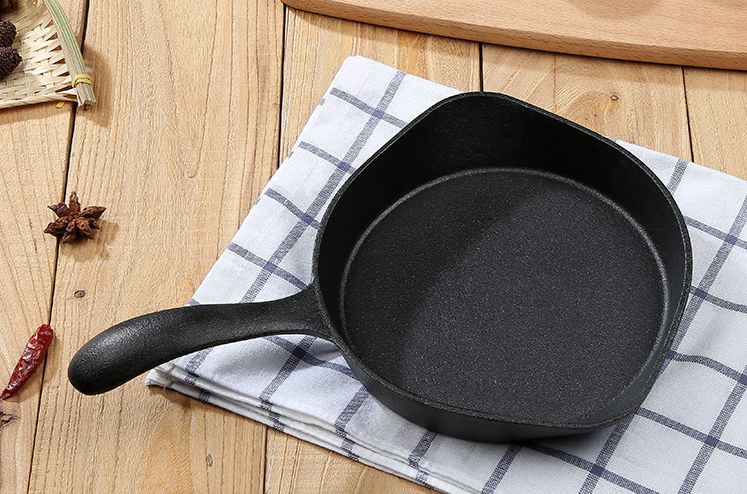 Excellent kitchen supplies recommended to give you a sense of well-being when cooking
Excellent kitchen supplies recommended to give you a sense of well-being when cookingJul 06, 2025
-
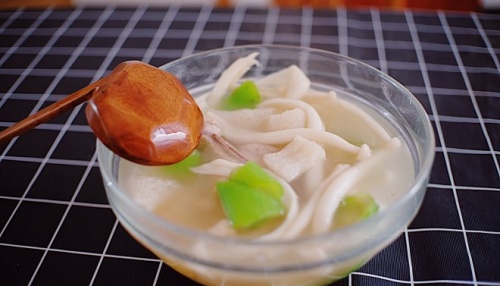 Autumn Tonic Pork Ribs Soup with Loofah and Bamboo-Sun
Autumn Tonic Pork Ribs Soup with Loofah and Bamboo-SunJul 06, 2025
-
 These 4 causes can lead to dry eyes, have you fallen for them?
These 4 causes can lead to dry eyes, have you fallen for them?Jul 06, 2025
-
 These home goodies, do not recommend my conscience will hurt! Hurry up and arrange for your home!
These home goodies, do not recommend my conscience will hurt! Hurry up and arrange for your home!Jul 06, 2025







Comments
0